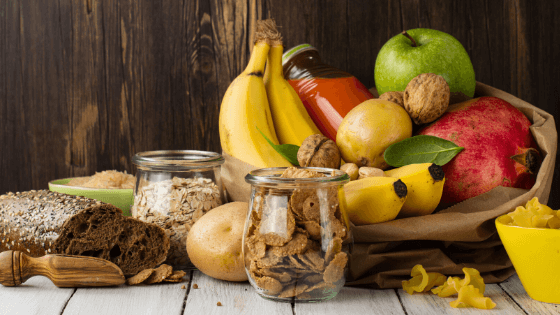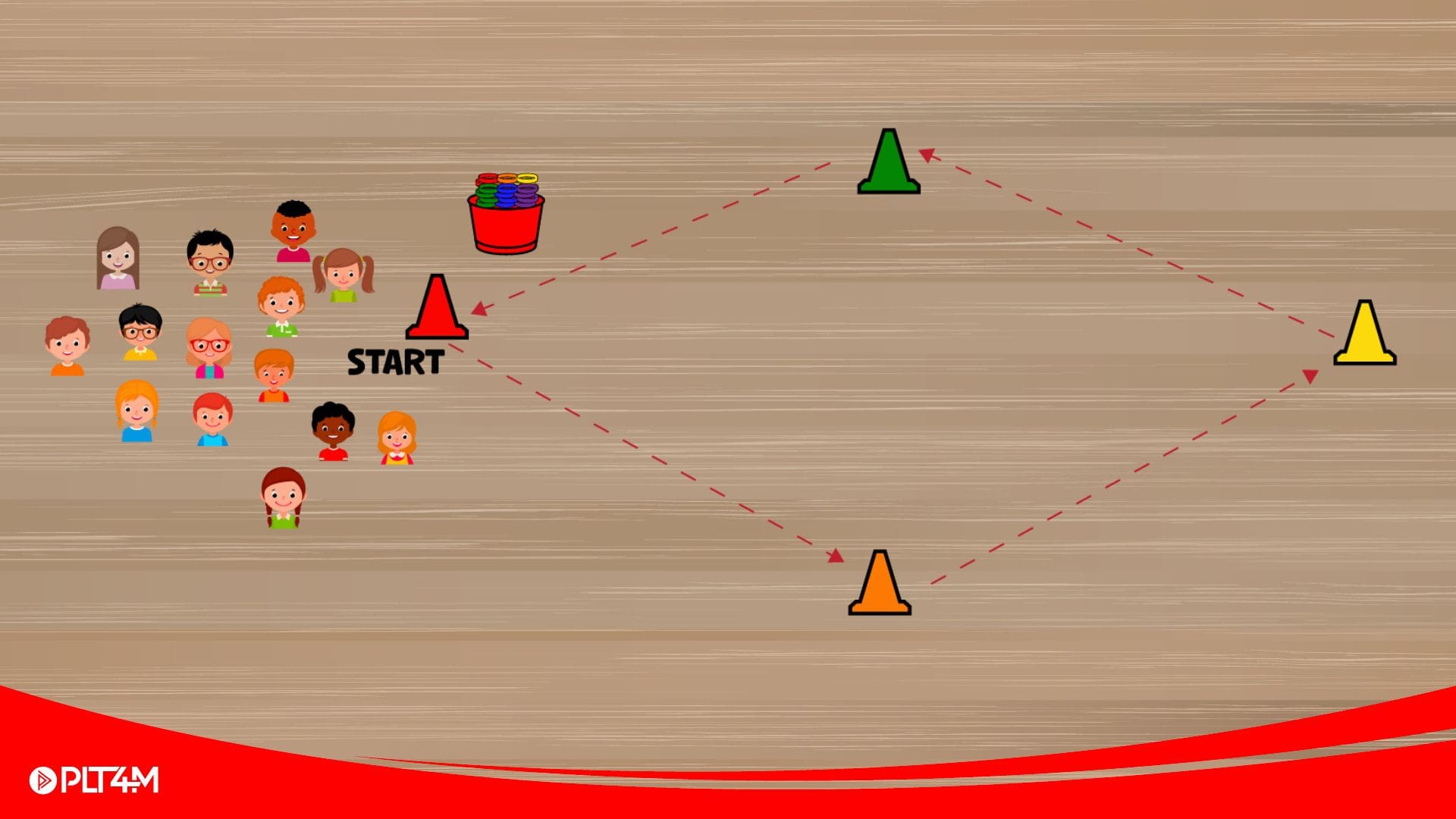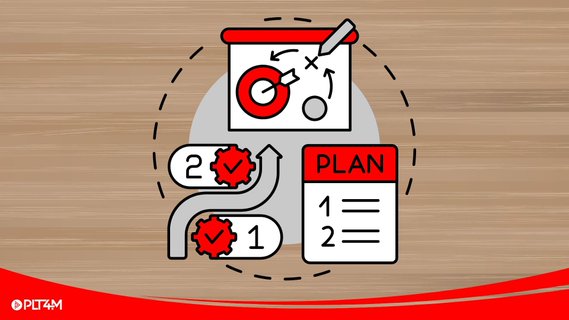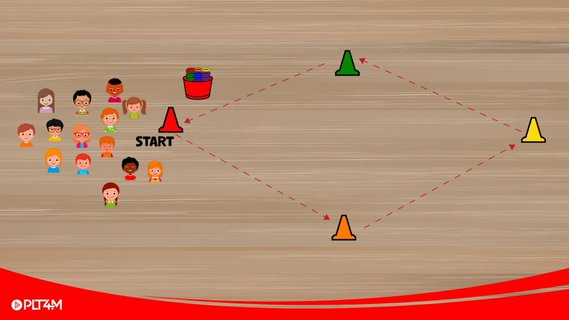[vc_row][vc_column][vc_column_text]
Carbohydrates -Part 1: What & Where
Previously, we talked about why a growing body needs food and how calories are the chemistry that provides that much-needed energy. and how to determine how much we need to be fueled. We learned that calories come in four varieties – carbohydrate, fat, protein, and alcohol and how to figure how many of everything we should be eating. In this article, we’ll dig into carbohydrates a bit more to understand what they are, what they do for us, and where they come from.[/vc_column_text][vc_separator][/vc_column][/vc_row][vc_row][vc_column][vc_column_text]WHAT THEY ARE- Defining’ Carbohydrates’ – The Basic Science
Before we dive into the wide world of carbohydrates, let’s make sure we have a clear definition of what they are. Popular culture refers to things like grains and sugars as carbs. However, carbohydrates refer to the chemistry that make up any plant-based food. Fruits, vegetables, grains, and sugars are all made of carbohydrates. When we talk about carbs, we are referring to the chemistry of the food (carbon, hydrogen, and oxygen). All carbs are created from sugar molecules (glucose, fructose, galactose). What changes between the types of carbohydrates (sugar, starch, and fiber) are the number of molecules and the complexity of the bond between the molecules, making them easier or harder to break apart. As those molecules bind together in various ways, they form compounds we’re more familiar with. These include things such as starch (found in potato, grains, corn, etc.), fiber (something we don’t digest), sugars (found in milk, yogurt, fruits and sweeteners like honey, syrup, cane sugar). And while we are going to get further into all the different types of carbohydrates and what they are, let’s make sure we know what they do for us first. The short answer: A lot of good. [/vc_column_text][/vc_column][/vc_row][vc_row][vc_column][vc_single_image image=”8168″ img_size=”large”][/vc_column][/vc_row][vc_row][vc_column][vc_column_text]WHAT THEY DO FOR US
There is a lot of confusion and concern about carbohydrates these days. So before we get any further, let’s be clear: Carbohydrates are not evil! Carbohydrates are the perfect package of nutrients for the body and provide many benefits such as:- Energy – Our body can quickly break down and use energy from carbohydrates to think and move. Fat and protein take more time and effort, making them a lower quality fuel source. Our brain alone uses around 400 calories of carbohydrate per day (or approximately 120 grams).
- Fiber – Found in whole grains, fruits, and vegetables. Fiber cannot be digested. It keeps us regular in the bathroom, prevents disease, and stabilizes energy. It also keeps us fuller longer. Beneficial for GI health, disease prevention, and feeling fuller longer. You cannot get fiber from animal-based foods. Fiber, by definition, is a type of carbohydrate.
- Antioxidants – Prevent against free radicals that can cause disease. You won’t find antioxidants in animal-based foods.
- Protein – Plant-based proteins can meet all of our protein needs without the need to eat meat. But have to be appropriately paired for good nutrition (more on this in the protein post – coming soon!)
- Vitamins and minerals – Carbohydrates provide a wide variety of nutrients, including b-vitamins (thiamin, riboflavin, and niacin) used to convert food to energy and support our nervous system, calcium for our bones, iron support oxygen transport in the blood, and folate helps us produce red blood cells.








